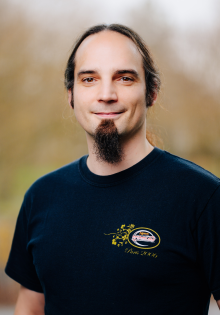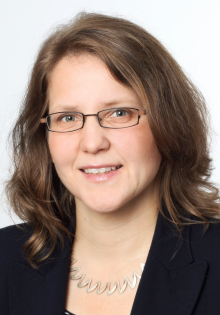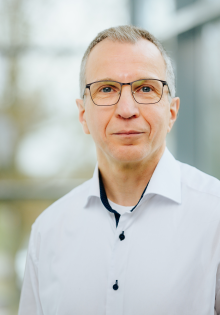Paderborn University involved in new joint project
The networked world is increasingly being shaken by digital sabotage, cyber attacks, malware and the like. Yet IT security is more important than ever these days. Networks based on quantum physics could significantly improve the security of relevant systems. So-called quantum repeaters form the basis for this. These devices have been the subject of intensive research for several years, but are not yet marketable. A new joint project, in which Paderborn University is involved, therefore aims to develop new concepts and demonstrate them on real test tracks outside the laboratory. A total of 42 partners from science and industry want to make significant progress in the research and institution of quantum networks. The Federal Ministry of Education and Research (BMBF) has been sponsoring "Quantenrepeater.Net (QR.N)" with around 20 million euros for a period of three years since the beginning of January.
Repeaters are familiar from the domestic field in the form of WLAN amplifiers, where they extend the range of data transmission. Quantum repeaters are roughly comparable to this. They allow information to be transmitted securely even over longer distances. "But of course they are much more complex," says Prof Dr Klaus J?ns from Paderborn University. "This is because quantum states cannot be copied and amplified like the signals in classic repeaters," continues the scientist. In order to create an entire network from a connection between two points, repeaters are needed to temporarily store these quantum states and ensure transmission to the next node.
At QR.N, the experts at Paderborn University are primarily working on quantum frequency conversion in order to link different quantum repeater platforms with each other and make them compatible with the telecommunications fibre network. The groups involved are "Optoelectronic Materials and Devices " (Prof. Dr Dirk Reuter), "Integrated Quantum Optics" (Prof. Dr Christine Silberhorn) and "Hybrid Quantum Photonic Devices" (Prof. Dr Klaus J?ns). The physicists are also developing new types of quantum light sources based on semiconductor nanostructures. Together with modulators and ultra-fast electronics, these deterministic quantum light sources can be used for third-generation quantum repeaters. The Institute for Photonic Quantum Systems (PhoQS ) at Paderborn University provides crucial photonic key technologies for the realisation of quantum communication over long fibre networks.
Another research question that the partners in "QR.N" are addressing concerns the hardware on which the quantum network is based. Quantum memories and networks can be based on individual atoms and ions, semiconductor structures, artificial atoms in diamonds and rare earth atoms. "We therefore also want to look for cross-platform methods and protocols and combine different hardware platforms into hybrid systems in order to ultimately achieve hardware-independent quantum nodes," explains Prof Dr Christoph Becher, Professor of Quantum Optics at Saarland University and spokesperson for the research network. The participating institutions also want to support existing, "classic" communication networks with methods of quantum entanglement, the basic principle of quantum technology. The networks could be of crucial importance in the future, for example when it comes to protecting critical infrastructure.
This text was translated automatically.





